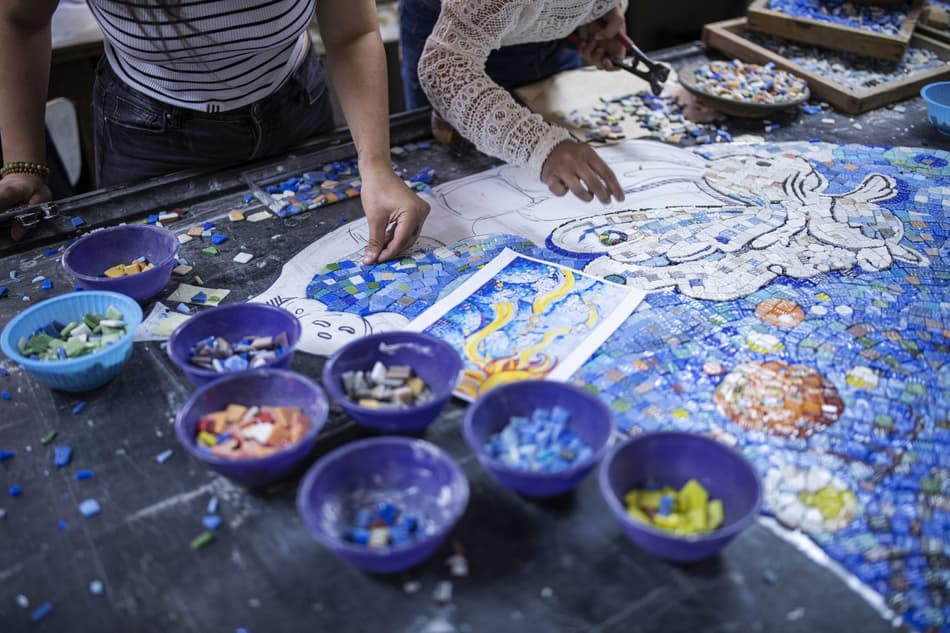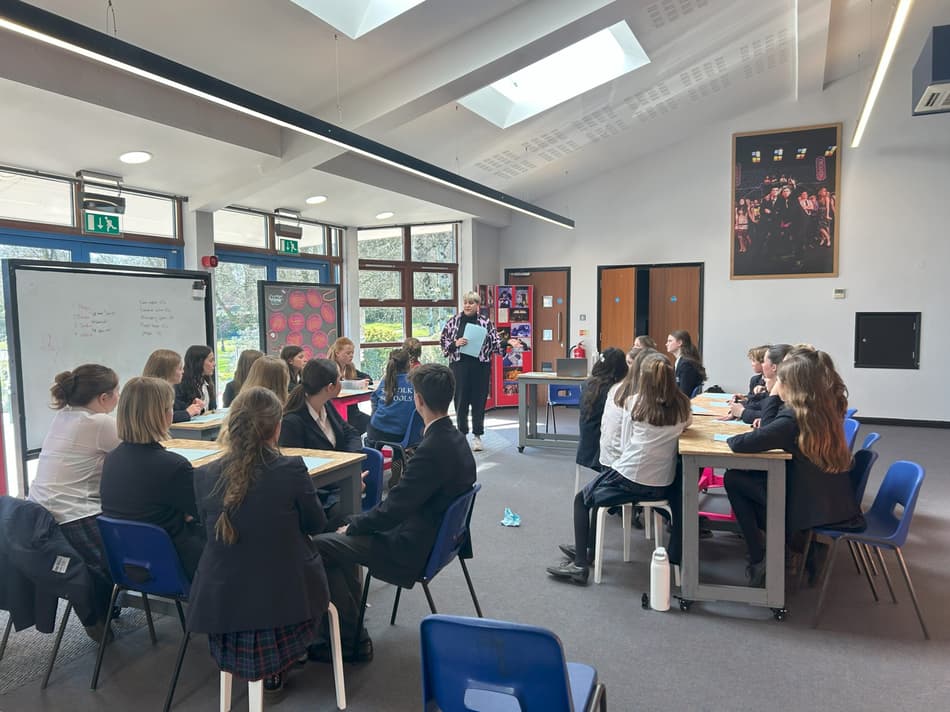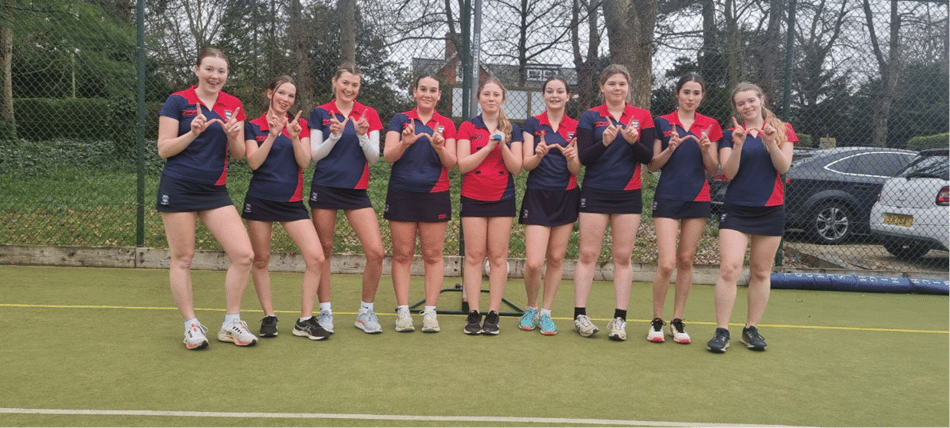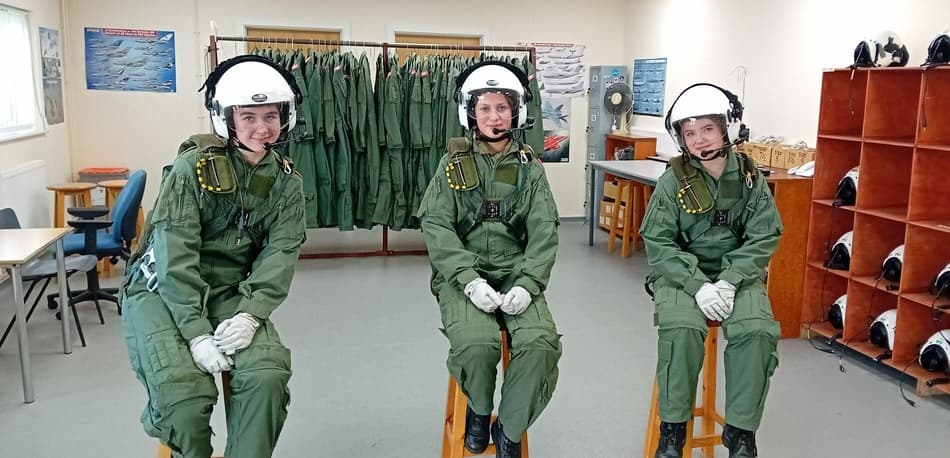
Last academic year, I was able to spend time discussing machine learning and AI with Year 12, as part of their Academic Enrichment course. Students found out how machines acquire knowledge in three ways: supervised learning, reinforcement learning, and unsupervised learning.
News and social media sites in the past three or four months have been full of discussions about ChatGPT, an AI chatbot launched in November 2022. It is capable of writing essays, poetry, recipes, and more, based on mimicking the styles and deriving information from a very wide range of source material. It is so humanlike exactly because of the sheer volume of written text on which it has been trained.
There are some significant concerns about how the advent of this new technology will change the face of education, in particular because the answers that ChatGPT can produce are often indistinguishable from (or better than) those produced by students, and in a fraction of the time. Previous versions of ChatGPT could score a grade 7 in GCSE history, for example, and the latest version can even finish in the top 10% in a US bar exam.
Continued from Newsletter:
In the very short term, our national assessment system has been caught by surprise at the pace of development of AI and is not ready to deal with ChatGPT and its like. Plagiarism software cannot detect essays written by the software, as they are not strictly plagiarised work. It is akin to getting your obliging postgrad neighbour to write the essay for you – it is not plagiarism but academic dishonesty. This will have a big impact on how coursework is administered, with an increase in the need for exam-conditions working – Ofqual have already made this clear. Further updates from JCQ about the effects on examinations are imminent, and we will keep you updated.
ChatGPT can be excellent for dealing with repetitive tasks, but we should be cautious about placing too much trust in its abilities. ChatGPT does not have access to any universal truth or authority, but merely mirrors any biases, errors and omissions of the works that it is trained on. If we do not approach the next few years with open and critical eyes, we risk existing societal prejudices and assumptions becoming baked in.
Education is about bettering ourselves and building our capacity to influence and shape our world. Many of the central tenets of learning – structuring essays, solving problems and presenting arguments – expand our minds and hone our capabilities to deal with new and emerging situations. A key feature of resilient learning is “embracing the struggle”. Avoiding effort and assuming a machine will fill in the gaps will surely lead to laziness, dependency and ultimately dissatisfaction. This is combined with a tacit acceptance that the creators and owners of such technologies will hold all the cards in the future.
We should not hide away from AI – it is here, it is now, and it is not going away. As School leaders we will embrace the best of AI and use it in way that fosters a love of learning and prepares our students for the next stages of their career. ChatGPT will continue to get better and better at convincing us of its sentience, to the extent that we may no longer be able to tell the difference.
ChatGPT will be a game changer, yes, but the game will evolve. Hope is not lost for humans, we will change our tastes to our own advantage – building structures that value the importance of being real, authentic, and present.
Mr Karl Hayward-Bradley
Deputy Head Academic



